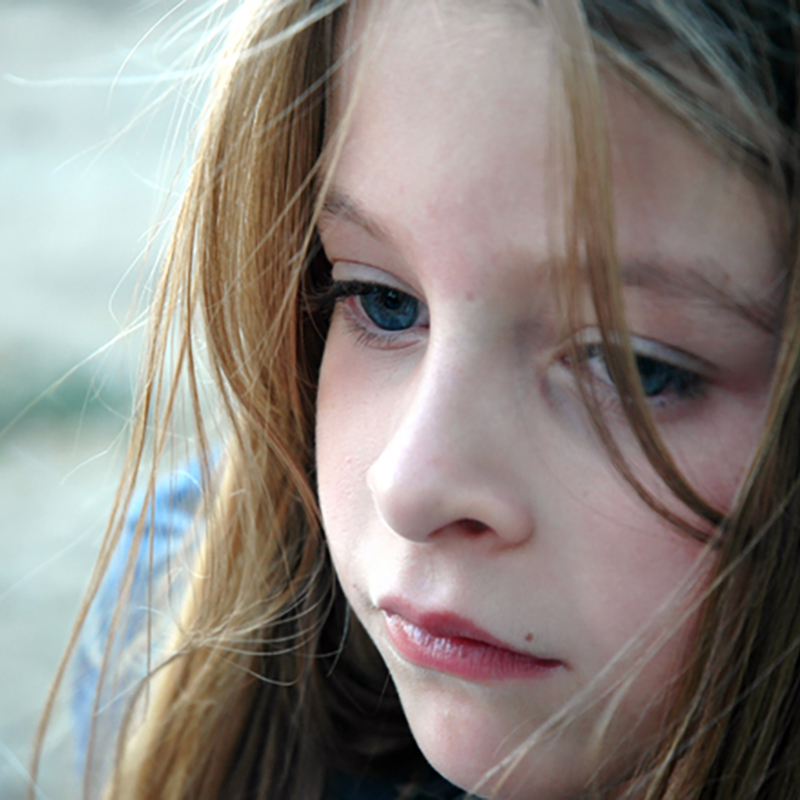Children in Scotland Chief Executive Jackie Brock made the following statement reflecting on the result of the 2017 UK General Election:
"As an organisation that has always championed young people’s participation, today we celebrate the fact that an estimated 72% of 18-24 year olds turned out to vote in the UK General Election.
Whichever party they voted for, young people’s involvement on this scale is a massively positive statement about the contribution they can make to our political process, in Scotland and across the UK.
One of the many beneficial side effects of this powerful youth vote, which looks to have increased from 43% in 2015, is that in coming elections parties should no longer be able take young people for granted, patronise them or ignore their priorities. They must instead design policies that are relevant and harness their energy at grassroots level.
While we need to wait until a fuller picture emerges, and other important factors will have shaped young people’s choices, it seems likely that the surge in young voters partly represents a rebuke to Theresa May’s stance on Brexit. As I have previously argued, 71% of 18-24 year-olds in the UK voted to Remain in last year’s referendum on EU membership.
In this context the new political settlement is an opportunity to strengthen young people’s participation and hear what they have to say about Brexit – a debate from which they have thus far been marginalised.
We therefore call on the new government to ensure that the process of leaving the EU does not negatively impact on children’s rights. We also urge all parties to consider the voices and priorities of children throughout the upcoming negotiations.
Over the next five years, with our members, Scottish civil society organisations and partner networks across the UK and Europe, we will work to ensure that children’s rights are protected and their voices heard – and that the implications of Brexit for our children and families is at the top of the political agenda.
Related to this is the issue of how young people can be enfranchised so that their voices always count in decisions that impact their future. We believe 16 and 17-year-olds must be given the opportunity to vote in all elections.
Under Article 12 of the United Nations Convention on the Rights of the Child (UNCRC), children and young people have the right to be heard in decisions that affect them. Realising this will require genuine political courage and a belief in the principles of participation.
The current approach to voting rights across the UK – where young people can cast their ballots in Scottish and local government elections but not take part in polls at UK level – is incoherent and completely at odds with what participation in a modern democratic society should mean.
During the campaign the Prime Minister ruled out lowering the voting age to 16, saying that being able to participate in elections is not necessary to become ‘engaged’ in politics. This was a specious argument.
Alongside concerted efforts across the UK to involve children and young people in developing policy and legislation, we want voting reform to be taken seriously. Scotland’s and the rest of the UK’s 16 and 17 year olds deserve a say in how we create a fairer society.
We know that young people’s participation can be stifled by poverty, and this can lead to disengagement from the political process. Poverty negatively affects every aspect of children and young people’s lives, from their home environment to health and education.
The Institute of Fiscal Studies (IFS) has forecast that UK child poverty will rise to 30.3% in 2021-22, meaning an additional one million children living in poverty. The IFS, which is politically independent, also states that ‘this increase is entirely explained by the impact of tax and benefit reforms over this [2015-17] parliament’.
In light of this, we are calling for Child Benefit to be increased and the Benefit Cap removed. If left in place, the cap will have a hugely negative impact on the lives of children, young people and their families.
Children in Scotland has consistently called for a £5 Child Benefit top-up in Scotland, which evidence from Child Poverty Action Group in Scotland suggests will contribute to a 14% reduction in child poverty.
We urge the new UK Government to acknowledge this research and implement this benefit increase across the UK."




